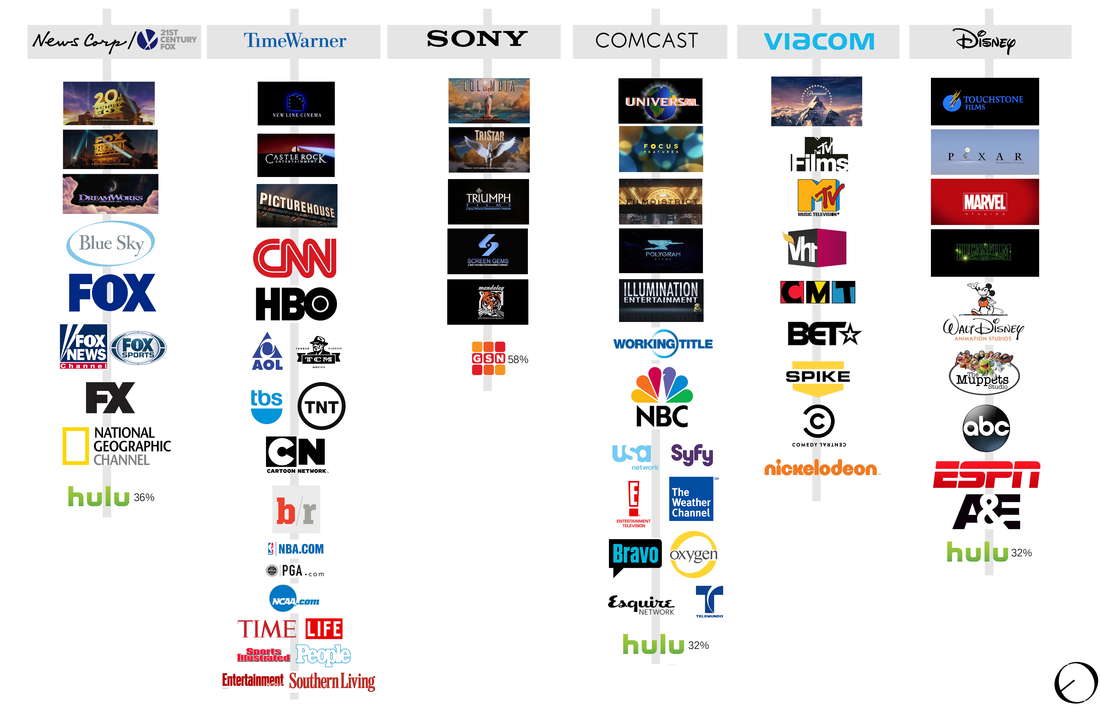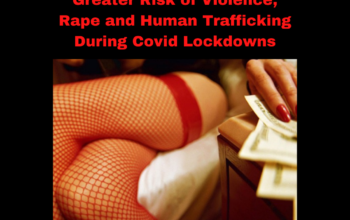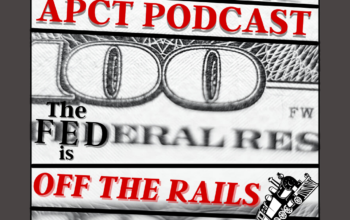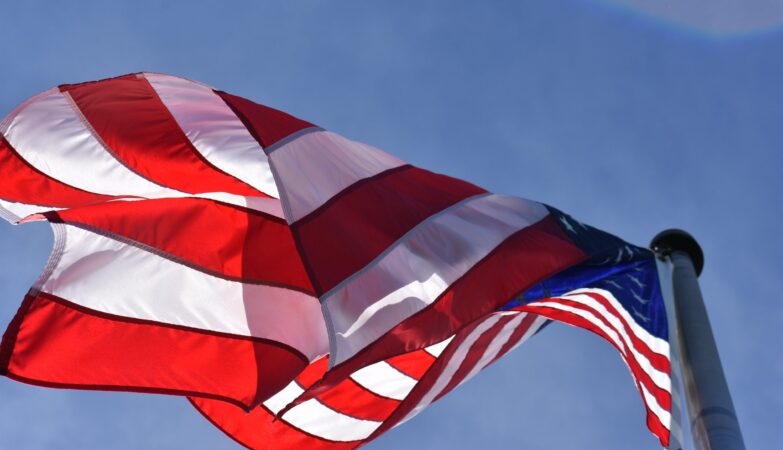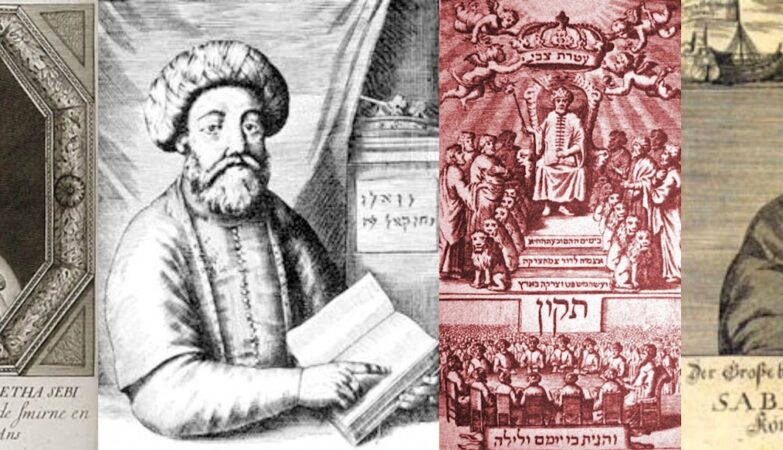The Following report is from “Giselle’s Column,” and is translated from Chinese by “Ping.” (Keep in mind that when she speaks about the top institutional investors who control the media, she is talking about the family dynasty who controls every central bank in the world. Yeah, that one).
The delay in the US Director of Information’s report on foreign interference in the US election is apparently due to the different views of the parties, which led to the delay. However, the deeper reason is still that, the mainstream media in the US has not yet been taken in by President Trump.
The mainstream media’s response to this year’s biochemical virus, Biden’s hard drive and the US election fraud showed the bottomless nature of the US mainstream media. It also made us deeply aware that it is up to the doer to undo the knot.
It was the raging public opinion that led to the downfall of President Nixon on August 9, 1974, after his re-election. And to wake up the American public and push for a raging public opinion, it is necessary to have the support of the mainstream media.
To break through the media’s control of the public and the blockade of the truth, President Trump must take down these mainstream media as soon as possible. Without the influence of the mainstream media, the substantial evidence of foreign interference in the US election and crimes committed by the Chinese Communist Party (CCP) against the US will not make any waves but create tittle-tattle. On the contrary, the mainstream media could falsely accuse Trump’s failure to concede, and generating false information to flip the script.
1983 was a breakthrough year for the American media
Before 1983, holding a meeting for the top 50 media companies in the US had to book a large ballroom in a starred hotel.
Among them, the CEOs of the top 20 newspaper companies gathered around a conference table to discuss the impact of the latest paper prices.
The owner of the top 20 magazine companies discussed the price of cover models at another table.
The TV network guys were in the corner, exchanging views on the government’s broadcasting regulation.
Now, these media, which 20 years ago were controlled by 50 companies, are controlled by just a handful of people. If they want to hold a meeting, these giants, who own both newspapers, TV and new media, are only a phone call away.
This is showed to us in the book The Dark Rules of Journalism.
Media and capital are highly interconnected
Although the American news media have a long history, the high degree of interconnectedness of the media companies at the capital level has brought about a high degree of market monopoly. These media have been merged and restructured over the years, presenting a complex swamp ecology. For instance, behind each news corporation, several banks, fund companies, political forces and plutocratic families are involved, forming a super-complex ecological chain of profit.
NBC, one of the nation’s three largest commercial radio and television companies, is held by General Electric. A Wall Street-listed company, fund institutions control over 60% of General Motors. Among the top 20 institutional investors in General Motors are at least six banks: Barclays, State Street, Northern Trust, Fidelity, Mellon, and Wells Fargo.
The Time Warner Group owns the famous Warner Studios as well as CNN, but at the capital level, 82% of its shares are in the hands of financial capital. Even those media outlets that are still controlled by the family are inevitably linked to the financial sector. The New York Times, for example, is still owned by the Sulzberger family, but its 2008 financial results show that three financial institutions, including Harbert Fund Management, hold more than a third of its stock. In 2015, Carlos Slim, the world’s 2nd richest man and a Mexican billionaire, became the largest shareholder in the New York Times’ public stock offering.
Repeatedly tolerated in the trust of discourse
The American media has always claimed to be a “free media”, but it has long been kidnapped by money and politics. The elites control the media and public opinion, and media resources are highly concentrated.
Almost all of these big media companies operate across all media sectors, including newspapers, television and the internet.
Viacom is a super-giant in the field of electronic media and outdoor advertising. It owns the largest television station group in the country, the two networks CBS and UPN, as well as the largest producer and distributor of television programmes, Paramount Studios, and a host of cable networks such as MTV, VH1, Showtime and BET.
According to the New York Times, Viacom bought Los Angeles-based KCAL-TV for $650 million, thereby achieving a duopoly in the nation’s second-largest market. 2019 saw CBS and Viacom jointly announce a merger agreement to form a joint company, ViacomCBS Inc, which will have revenues of $28 billion.
64% of Disney’s stock is controlled by institutional investors, at least seven of which are banks, such as Fidelity, Barclays, State Street, Northern Trust, BlackRock, JP Morgan, Mellon, and several of which overlap with General Motors. In 1995, Disney spent $16 billion to buy ABC, ESPN and CAPITAL CITIES.
Murdoch’s News Corporation controls 70% of Australian newspapers, 40% of British newspapers and 40% of the US television landscape. In addition to owning 85% of Fox Entertainment Group (which includes television networks, studios, and the nation’s second-largest television group), News Corporation owns a large number of newspaper and book publishing businesses. Also, there are cable television operations such as Fox News and FX and several regional sports television networks.
How to fight against the monopoly of discourse?
When one thinks of Trusts, it is easy to think of materials such as steel, oil and food, while one chooses to ignore the Trusts of Discourse.
Actually, this kind of trust in the spiritual and cultural industries has had terrible consequences in terms of its influence on the population and its monopoly and control of the discourse.
As early as 1914, the US federal government passed a law called the Clayton Act. This law made it unlawful to “cross” the board of directors of two companies if there were four issues.
1. The same person is a senior manager or member of the board of directors of both companies;
2. There is a common market for both companies;
3. The two companies are competitors;
4. Both companies have a market capitalisation of over US$26.16 million.
By the end of the last century, with capital and politicians at work, it was difficult to enforce this law in a truly effective way, and a large number of competing American companies were working for each other, and media companies were no exception.
In the 1970s, the FCC, the US Federal Communications Commission, had set a maximum of seven television stations per corporate group, expanding to 12 in 1985 and phasing out the cap on media ownership after 2003, as long as it reached less than 45% of the local population.
This brings more economic benefits to media groups, but it also creates a monopoly of information, resources and discourse.
Splitting up the media is an imperative
While the US media is becoming more centralised, its credibility is declining year after year.
According to a Gallup poll, only 40% of people said they “trusted” or ” somewhat trusted” the media in 2015, the lowest level since Gallup conducted such a poll in 1997. Trust in the media is even lower among young people aged 18 to 49, at 36%. Specifically, trust in newspapers and television is only 20% and 21% respectively, just ahead of Congress and large corporations.
During the 2020 US election, money politics has corrupted and harmed the freedom of the media to an outrageous extent. The mainstream media has used its discourse to create a large number of rumours, confuse the public, turn black and white and mislead the public. A great deal of truth has been covered up, and righteous speech has been silenced, which has triggered a severe national security crisis.
In comparison, two Washington Post reporters, Bob Woodward and Carl Bernstein, followed the whole affair of Nixon Watergate in a series of stories from June 17, 1972, to August 9, 1974. It was their insider reports that revealed the connection between the White House and the Watergate scandal that eventually led to Nixon’s resignation.
Their search for the truth about the Watergate scandal catapulted the Washington Post into one of the world’s most famous newspapers. Both journalists have gone on to make their mark on the history of American journalism.
In contrast, Assange, who is being hunted around the world for publishing his Iraq and Afghanistan war logs. Peter Smith, who was investigating Hillary email gate, was found dead in a hotel room in Minnesota. There were 5 cases like this related to Hillary’s email gate. The high monopoly of the media has made democracy, freedom and the rule of law in vain.
The dismantling of media trust is already a pressing task for President Trump. The repeal of Bill 230 is only the first step. The real problem is those financiers hiding behind the big media conglomerates, whose goal is not the sustainability of the news industry, but the fastest and maximum return.
(The content of this article represents the personal views of the author)
